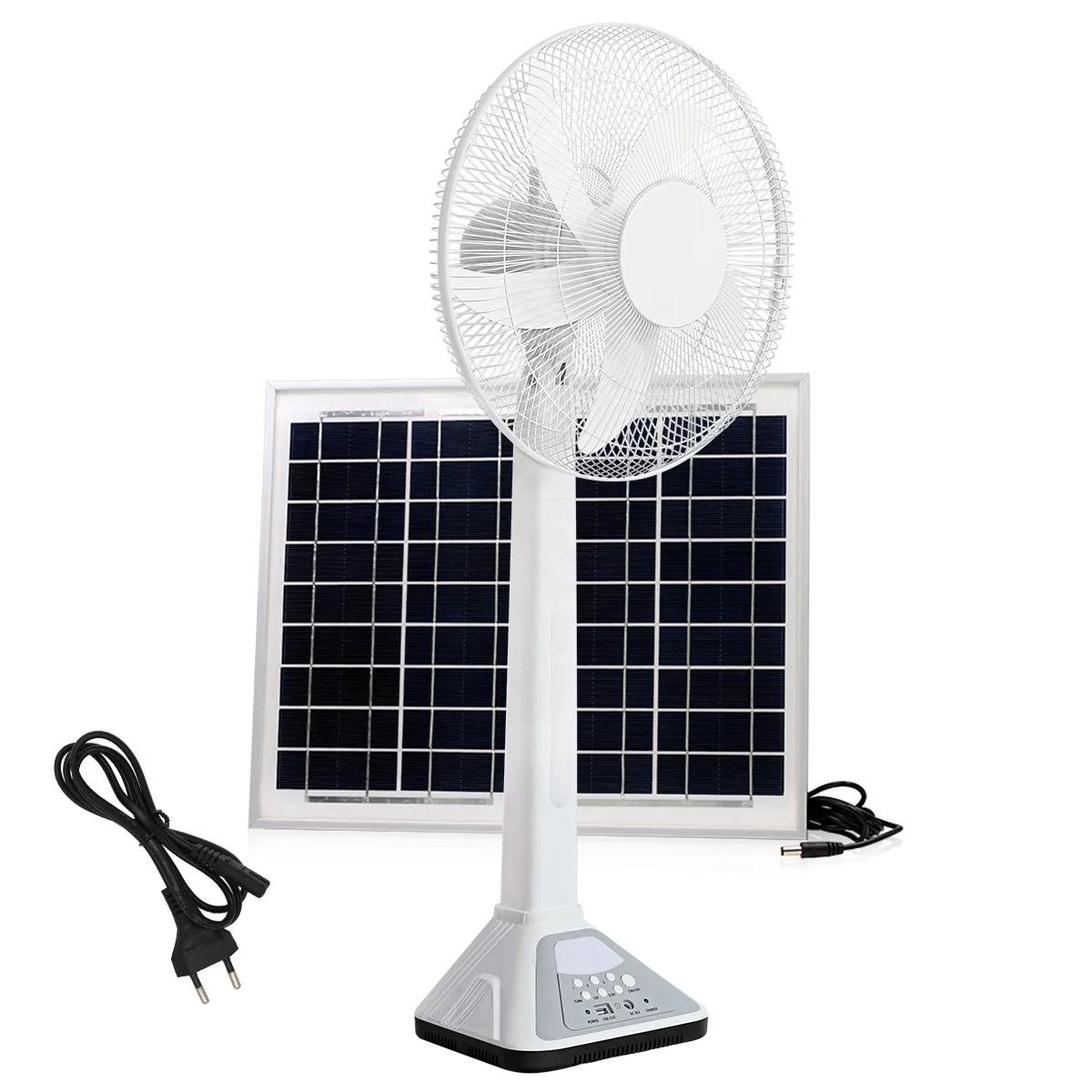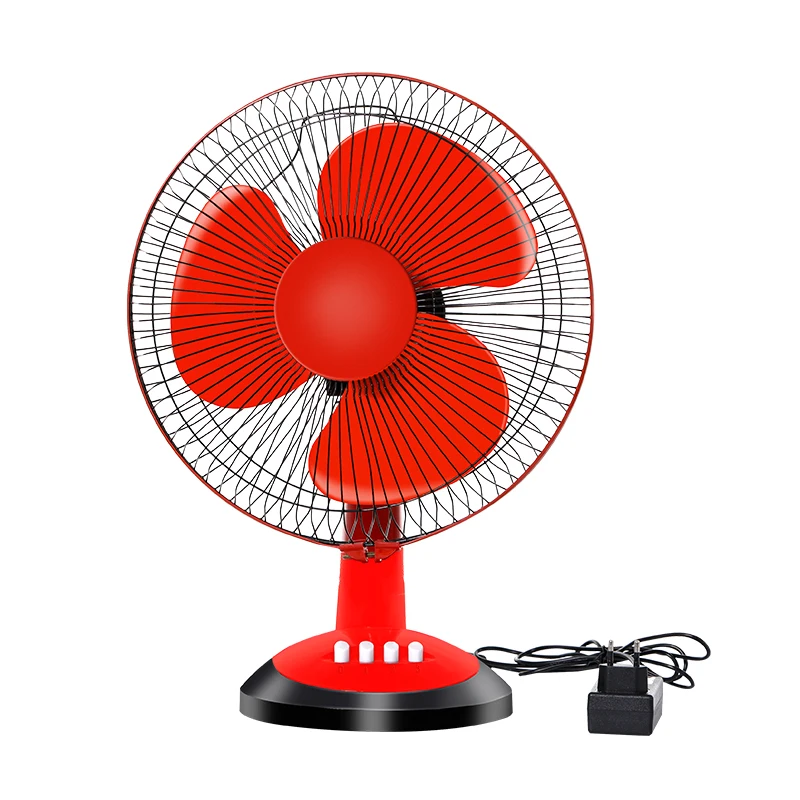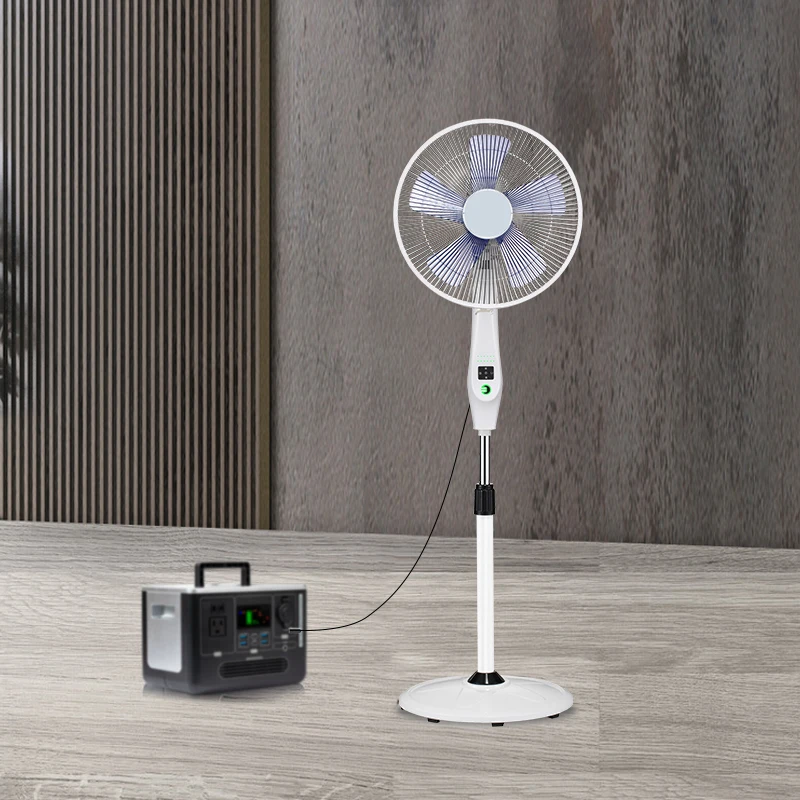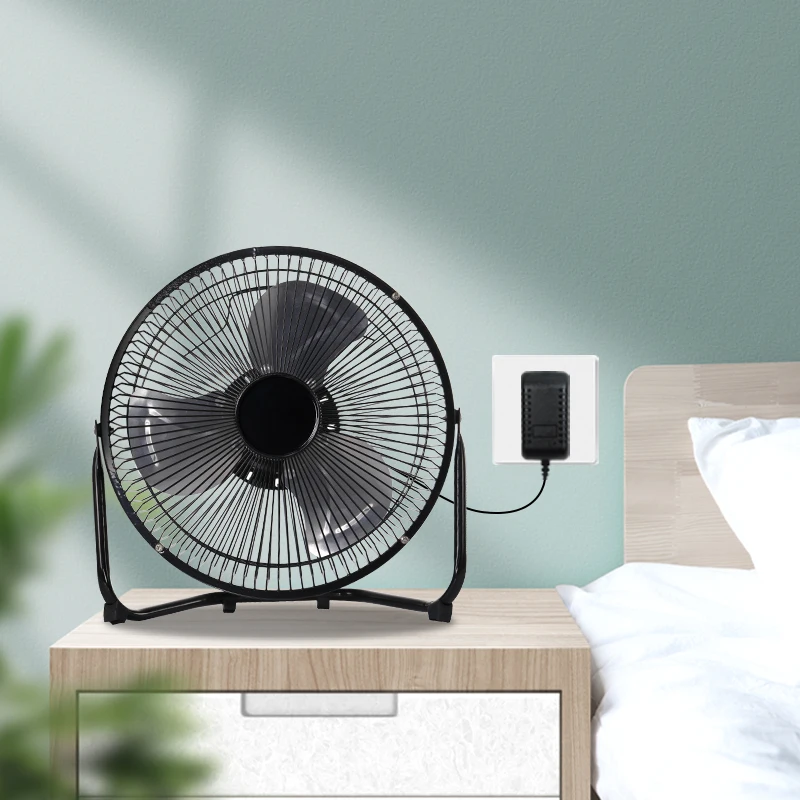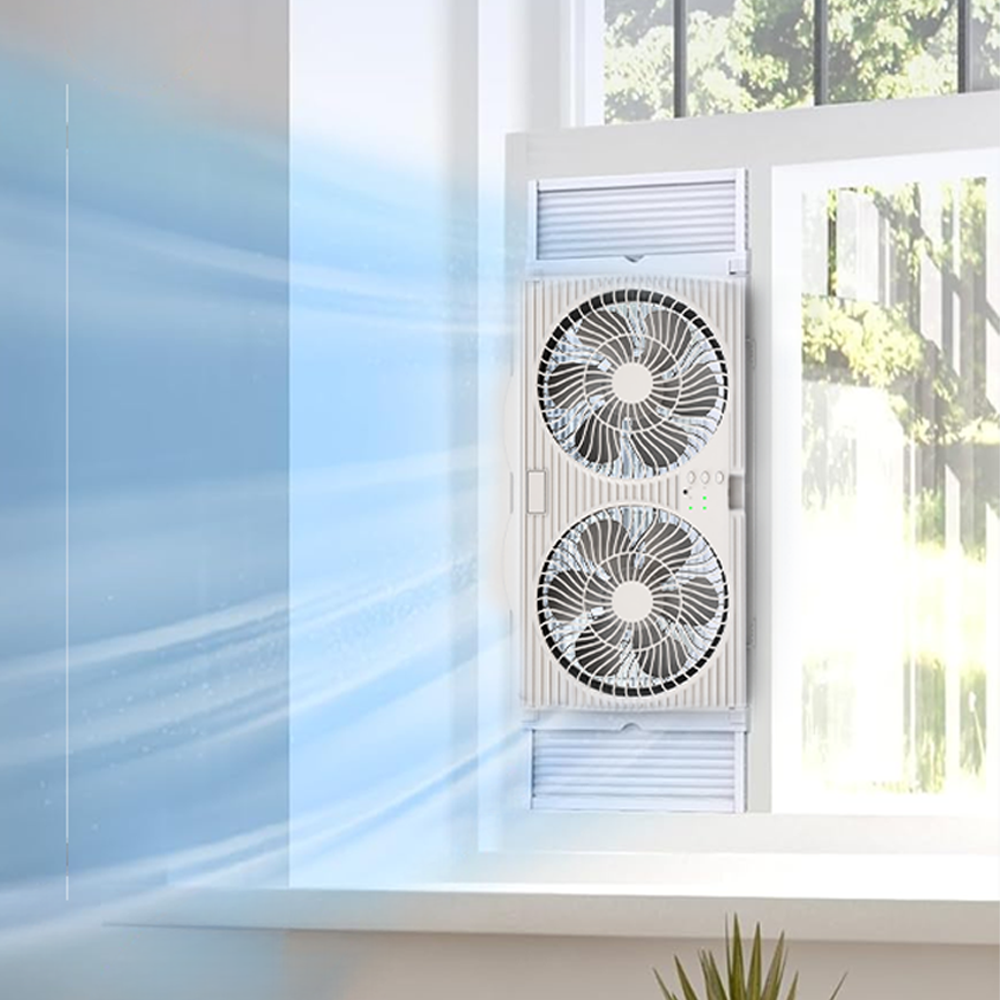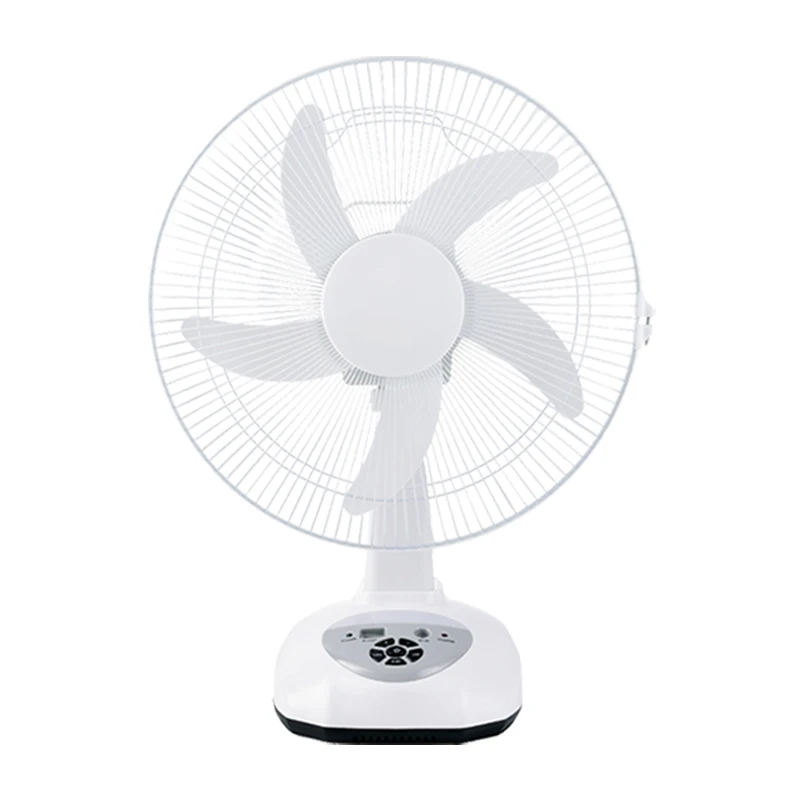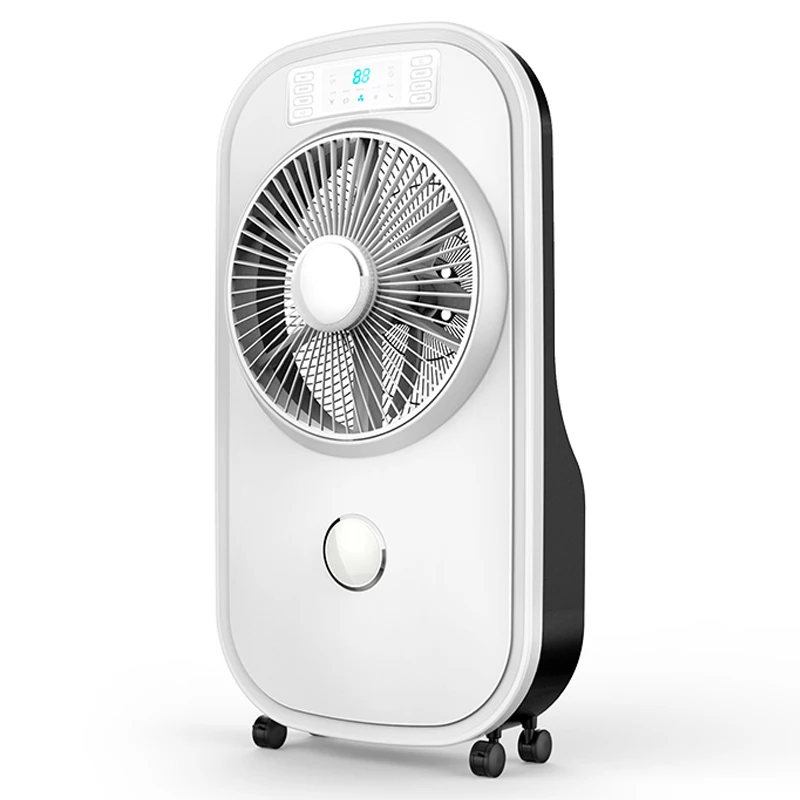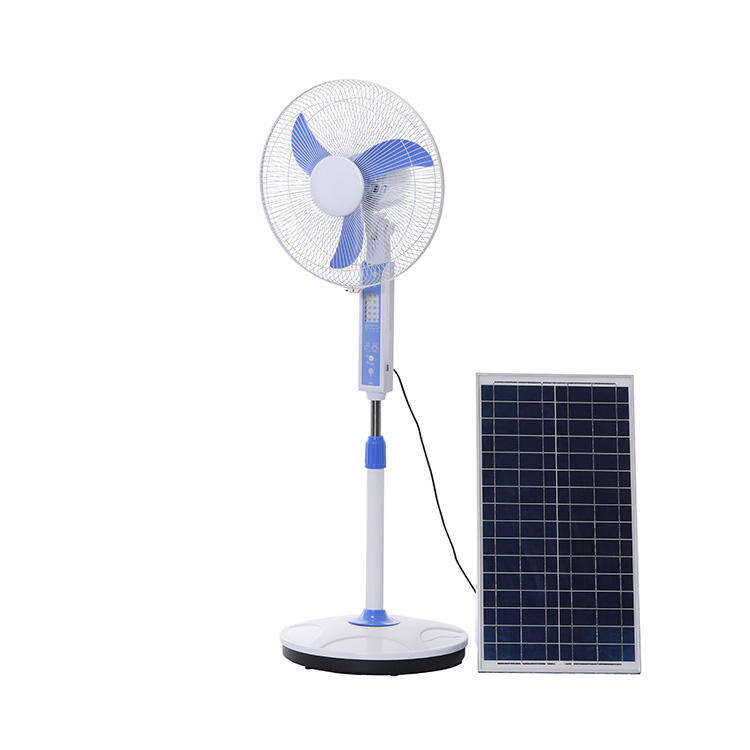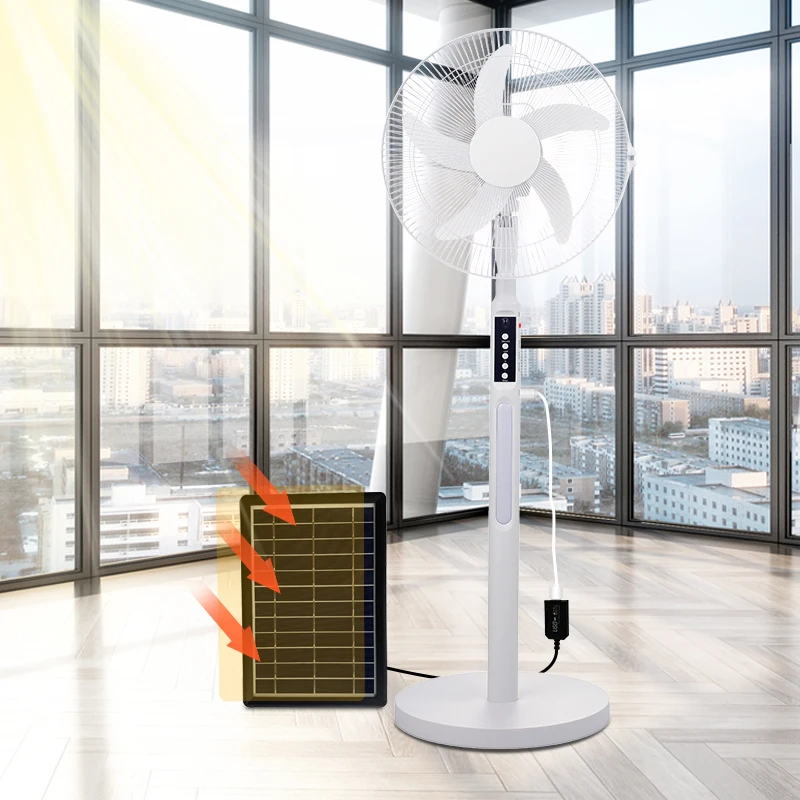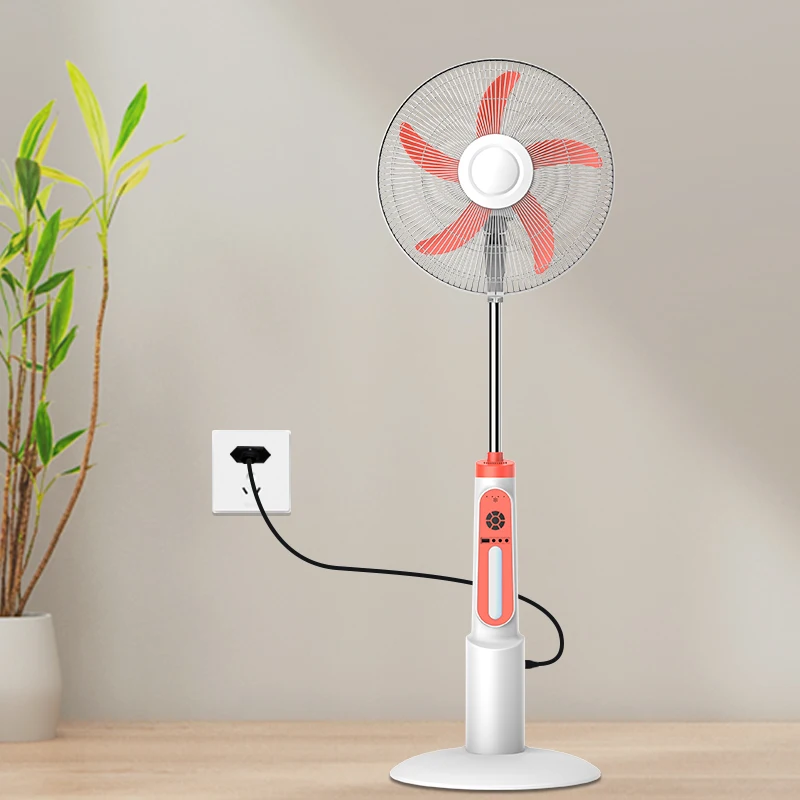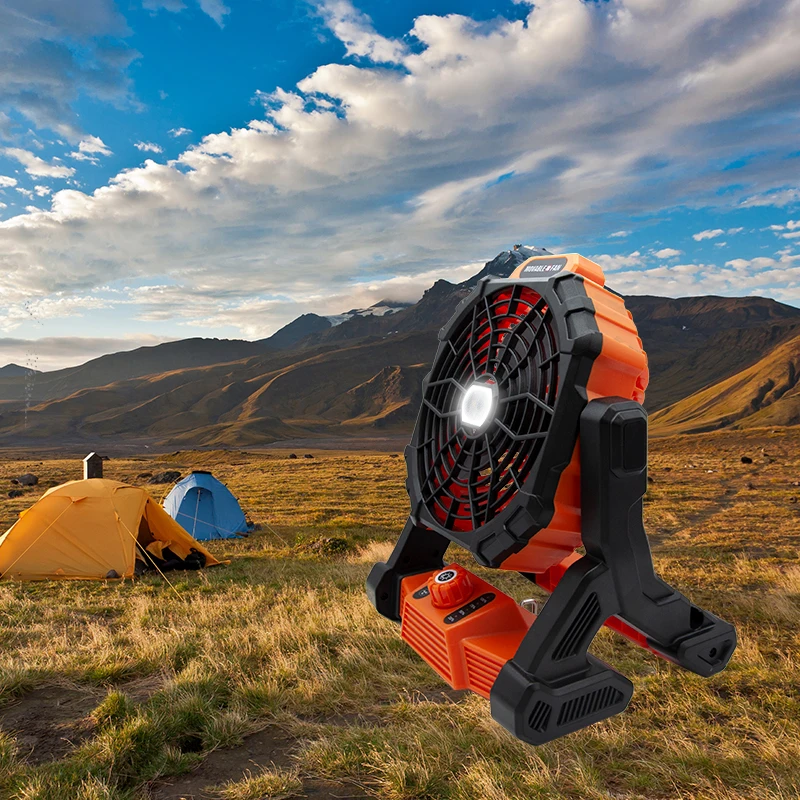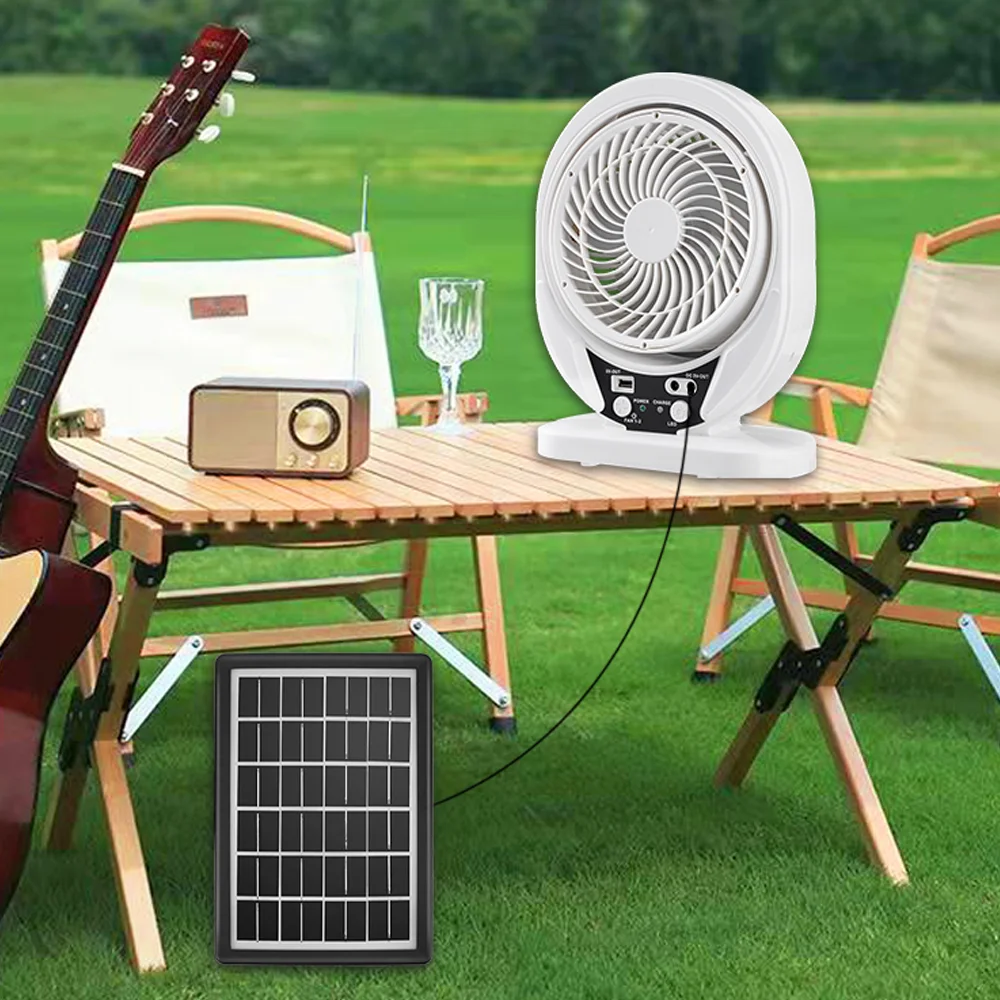Παγκόσμια τάση ζήτησης για συσκευές πράσινης ενέργειας
Κατανόηση της αύξησης της ζήτησης των καταναλωτών για συσκευές πράσινης ενέργειας
Η αυξανόμενη ευαισθητοποίηση και ανησυχία για την κλιματική αλλαγή έχει ωθήσει πολλούς καταναλωτές να επανεξετάσουν τις επιλογές αγορών τους. Οργανισμοί όπως η IPCC και η EPA δημοσίευσαν μελέτες που υπογραμμίζουν τις σοβαρές επιπτώσεις των εκπομπών άνθρακα στην υπερθέρμανση του πλανήτη, προτρέποντας τις κοινωνίες σε όλο τον κόσμο να υιοθετήσουν πιο βιώσιμες πρακτικές. Αυτή η άνοδος της ευαισθητοποίησης έχει οδηγήσει τα άτομα να αναζητήσουν εναλλακτικές λύσεις που μειώνουν το περιβαλλοντικό τους αποτύπωμα, και ένας τέτοιος τομέας είναι η υιοθέτηση συσκευών πράσινης ενέργειας.
Οι πρόσφατες στατιστικές πωλήσεων υπογραμμίζουν μια σημαντική στροφή προς βιώσιμες επιλογές των καταναλωτών. Τα τελευταία χρόνια, οι πωλήσεις συσκευών πράσινης ενέργειας έχουν αυξηθεί, δείχνοντας ξεκάθαρα στοιχεία ότι οι καταναλωτές δίνουν προτεραιότητα στην φιλικότητα προς το περιβάλλον. Για παράδειγμα, οι συσκευές με πιστοποίηση Energy Star έχουν σημειώσει σημαντική άνοδο στις πωλήσεις καθώς υπόσχονται μειωμένη κατανάλωση ενέργειας και περιβαλλοντικές επιπτώσεις. Αυτή η τάση αντικατοπτρίζει την αυξανόμενη αναγνώριση του ρόλου που διαδραματίζουν αυτές οι συσκευές στη μείωση του οικιακού αποτυπώματος άνθρακα και των λογαριασμών κοινής ωφελείας.
Οι αλλαγές γενεών αποτελούν εξέχοντα παράγοντα σε αυτήν την κίνηση προς τη βιωσιμότητα. Οι Millennials και η Gen Z, ειδικότερα, ηγούνται της κατηγορίας δίνοντας προτεραιότητα στη βιωσιμότητα και τις περιβαλλοντικές επιπτώσεις των αγορών τους. Η έρευνα δείχνει ότι αυτές οι γενιές είναι πιο πιθανό να επενδύσουν σε προϊόντα φιλικά προς το περιβάλλον, θεωρώντας τα απαραίτητα για την καταπολέμηση της κλιματικής αλλαγής. Η προτίμησή τους για λύσεις πράσινης ενέργειας ωθεί τη ζήτηση της αγοράς, επηρεάζοντας ακόμη και τις παλαιότερες γενιές να ακολουθήσουν το παράδειγμά τους στην οικολογική συνείδηση.
Βασικά χαρακτηριστικά των συσκευών Green Energy
Οι συσκευές πράσινης ενέργειας επικεντρώνονται στην αρχή της ενεργειακής απόδοσης, η οποία περιλαμβάνει τη χρήση λιγότερης ενέργειας για την επίτευξη της ίδιας απόδοσης με τα συμβατικά μοντέλα. Το πρόγραμμα ENERGY STAR, ένα γνωστό σύστημα πιστοποίησης, χρησιμοποιεί συγκεκριμένα κριτήρια για την αξιολόγηση της απόδοσης των συσκευών με βάση την κατανάλωση ενέργειας σε σύγκριση με την απόδοση τους. Για παράδειγμα, τα ψυγεία με βαθμολογία ENERGY STAR καταναλώνουν περίπου 9% λιγότερη ενέργεια από το ομοσπονδιακό πρότυπο. Επιπλέον, οι επαγωγικές εστίες μαγειρέματος υπερτερούν των εστιών αερίου επιτυγχάνοντας ποσοστό απόδοσης 84%, ενώ οι παραδοσιακές εστίες αερίου διαχειρίζονται μόνο περίπου το 40%. Αυτές οι ακριβείς μετρήσεις υπογραμμίζουν τις σημαντικές προόδους στη μείωση της κατανάλωσης ενέργειας που επιτυγχάνονται από τις πράσινες συσκευές.
Μια άλλη κρίσιμη πτυχή των συσκευών πράσινης ενέργειας είναι η χρήση βιώσιμων υλικών στην παραγωγή τους. Οι κατασκευαστές ενσωματώνουν όλο και περισσότερο ανακυκλωμένα και βιοαποδομήσιμα υλικά, τα οποία συμβάλλουν στη μείωση των περιβαλλοντικών επιπτώσεων κατά τη διάρκεια του κύκλου ζωής του προϊόντος. Για παράδειγμα, ορισμένες συσκευές ενσωματώνουν εξαρτήματα κατασκευασμένα από ανακυκλωμένα πλαστικά ή μέταλλα με βιώσιμη πηγή, μειώνοντας το αποτύπωμα άνθρακα τους. Επιπλέον, η ανάλυση κύκλου ζωής - ένα εργαλείο που χρησιμοποιείται για την αξιολόγηση των περιβαλλοντικών πτυχών ενός προϊόντος από την παραγωγή έως την απόρριψη - απεικονίζει τη συνολική βιωσιμότητα αυτών των συσκευών. Αυτή η προσέγγιση διασφαλίζει ότι κάθε στάδιο, από την προμήθεια υλικών έως την ανακυκλωσιμότητα στο τέλος του κύκλου ζωής τους, είναι βελτιστοποιημένο για ελάχιστες περιβαλλοντικές επιπτώσεις. Εστιάζοντας στον αειφόρο σχεδιασμό και τα υλικά, οι καταναλωτές μπορούν να κάνουν πιο ενημερωμένες επιλογές που συμβάλλουν σε ένα πιο πράσινο μέλλον.
Πλεονεκτήματα της χρήσης συσκευών Green Energy
Η μετάβαση σε συσκευές πράσινης ενέργειας μπορεί να οδηγήσει σε σημαντική εξοικονόμηση κόστους στους λογαριασμούς κοινής ωφελείας. Σύμφωνα με έρευνα από πρωτοβουλίες εξοικονόμησης ενέργειας, οι καταναλωτές που μεταβαίνουν σε ενεργειακά αποδοτικά μοντέλα μπορούν να εξοικονομήσουν έως και 100 $ ετησίως ανά συσκευή. Αυτές οι οικονομίες συσσωρεύονται με την πάροδο του χρόνου, ιδιαίτερα καθώς τα σπίτια διαθέτουν συνήθως πολλές συσκευές, όπως ψυγεία, πλυντήρια πιάτων και πλυντήρια. Με τη μείωση της κατανάλωσης ενέργειας, αυτές οι συσκευές όχι μόνο μειώνουν το κόστος αλλά παρέχουν επίσης στους καταναλωτές αυξημένη οικονομική ευελιξία.
Επιπλέον, η υιοθέτηση συσκευών πράσινης ενέργειας διαδραματίζει κρίσιμο ρόλο στη μείωση των περιβαλλοντικών επιπτώσεων και του αποτυπώματος άνθρακα των νοικοκυριών. Περιβαλλοντικές μελέτες δείχνουν ότι η μετάβαση από τυπικές σε ενεργειακά αποδοτικές συσκευές μπορεί να μειώσει την κατανάλωση ενέργειας ενός νοικοκυριού έως και 30%. Τέτοιες μειώσεις είναι σημαντικές, με αναφορές από την Υπηρεσία Προστασίας Περιβάλλοντος των ΗΠΑ (EPA) να υπογραμμίζουν πιθανή μείωση έως και 4 δισεκατομμυρίων μετρικών τόνων στις εκπομπές αερίων του θερμοκηπίου από την εισαγωγή του προγράμματος Energy Star. Αυτή η μετάβαση υποστηρίζει τις παγκόσμιες προσπάθειες για την καταπολέμηση της κλιματικής αλλαγής, παρέχοντας οικονομικά και οικολογικά οφέλη σε μεγάλη κλίμακα.
Διαφορετική γκάμα συσκευών πράσινης ενέργειας στην αγορά
Οι συσκευές πράσινης ενέργειας έχουν αποκτήσει γρήγορα δημοτικότητα, επιδεικνύοντας την καινοτομία και τη βιωσιμότητα σε πολλές συσκευές σπιτιού και γραφείου. Ας εξερευνήσουμε μερικά από τα συναρπαστικά προϊόντα που διατίθενται σε αυτόν τον τομέα.
Χονδρικό ανεμιστήρες ηλιακής ενέργειας χωρίς ψήκτρες
Οι ανεμιστήρες ηλιακής ενέργειας είναι ζωτικής σημασίας για να γίνουν τα σπίτια φιλικά προς το περιβάλλον. Ο Χονδρικός ανεμιστήρας ηλιακής ενέργειας χωρίς ψήκτρες 12 ιντσών 14 ιντσών 16 ιντσών 18 ιντσών όχι μόνο ανταποκρίνεται στις ποικίλες απαιτήσεις χώρου με τις επιλογές πολλαπλών μεγεθών, αλλά αποτελεί παράδειγμα βιωσιμότητας χρησιμοποιώντας έναν κινητήρα συνεχούς ρεύματος χωρίς ψήκτρες που λειτουργεί με ηλιακή ενέργεια. Ιδανικοί για χώρους διαβίωσης σε σπίτια με ηλιακή ενέργεια, αυτοί οι ανεμιστήρες παρέχουν αξιόπιστες και βιώσιμες λύσεις ψύξης. Αυτή η τάση προς τις συσκευές ηλιακής ενέργειας ευθυγραμμίζεται με τις ευρύτερες κινήσεις της αγοράς προς λύσεις ανανεώσιμων πηγών ενέργειας, υπογραμμίζοντας την αυξανόμενη προτίμηση των καταναλωτών για μείωση των περιβαλλοντικών επιπτώσεων.
Υψηλής ποιότητας ανεμιστήρας ηλιακής ενέργειας DC 16 ιντσών
Το Υψηλής ποιότητας ανεμιστήρας ηλιακής ενέργειας 16 ιντσών ξεχωρίζει λόγω της συμβατότητάς του με διπλή ισχύ, λειτουργώντας τόσο με ισχύ 12V DC όσο και AC. Η ικανότητά του να επαναφορτίζεται χρησιμοποιώντας ηλιακή ενέργεια, που υποστηρίζεται από ένα ενσωματωμένο ηλιακό πάνελ, το καθιστά εξαιρετική επιλογή για όσους αγωνίζονται για πιο πράσινη ζωή. Οι χρήστες επαίνεσαν τις ισχυρές του δυνατότητες κυκλοφορίας αέρα, καθιστώντας το κατάλληλο τόσο για εσωτερικούς όσο και για εξωτερικούς χώρους. Η ευελιξία αυτού του ανεμιστήρα στις πηγές ενέργειας και τα βιώσιμα χαρακτηριστικά υπογραμμίζουν το ενδιαφέρον των καταναλωτών για συσκευές με ενεργειακή απόδοση.
Νέας σχεδίασης φορητός στρογγυλός επιτραπέζιος ανεμιστήρας ηλιακής ενέργειας 16 ιντσών
Για όσους αναζητούν συμπαγείς και φορητές λύσεις, το Νέας σχεδίασης φορητός, στρογγυλός επιτραπέζιος ανεμιστήρας ηλιακής ενέργειας 16 ιντσών προσφέρει εξαιρετική κινητικότητα και ευελιξία. Ο κομψός στρογγυλός σχεδιασμός του το καθιστά αισθητικά ελκυστικό, ενώ το ηλιακό σύστημα ενέργειας του εξασφαλίζει βιωσιμότητα. Αυτός ο επιτραπέζιος ανεμιστήρας είναι τέλειος για προσωπική χρήση σε μικρούς χώρους όπως γραφεία και υπνοδωμάτια. Η φορητότητά του είναι ένα χαρακτηριστικό χαρακτηριστικό, που επιτρέπει στους χρήστες να το μετακινούν εύκολα μεταξύ τοποθεσιών για μια άνετη εμπειρία ψύξης.
Ανεμιστήρες ηλιακής ενέργειας με τηλεχειριστήριο
Για μεγαλύτερες περιοχές, το Ηλιακός ανεμιστήρας δαπέδου 16 ιντσών με τηλεχειριστήριο για το σπίτι προσφέρει μια σταθερή και στιβαρή λύση ψύξης. Η λειτουργικότητα του τηλεχειριστηρίου του εξασφαλίζει την ευκολία του χρήστη, παρέχοντας σύγχρονες δυνατότητες όπως προσαρμόσιμες ρυθμίσεις χωρίς την ανάγκη φυσικής αλληλεπίδρασης με τη μονάδα. Το σύστημα ηλιακής ενέργειας προσθέτει μια οικολογική πινελιά, καθιστώντας το μια βιώσιμη επιλογή για οικιακή χρήση. Ο ολοκληρωμένος σχεδιασμός και οι ισχυρές δυνατότητες αυτού του ανεμιστήρα ικανοποιούν τις σύγχρονες απαιτήσεις των καταναλωτών για αποτελεσματικότητα και ευκολία στη χρήση.
Επαναφορτιζόμενοι ανεμιστήρες γραφείου με συστήματα ηλιακής ενέργειας
Στρογγυλοποιώντας τις προσφορές, το Επαναφορτιζόμενος ανεμιστήρας γραφείου Μεταλλικός ανεμιστήρας ηλιακής ενέργειας 9 ιντσών απευθύνεται σε όσους χρειάζονται έναν συμπαγή και ευέλικτο ανεμιστήρα με δυνατότητα ηλιακής επαναφόρτισης. Η μεταλλική του κατασκευή προσθέτει ανθεκτικότητα και στυλ, ενώ το ηλιακό ενεργειακό σύστημα προωθεί ένα ανεξάρτητο και φιλικό προς το περιβάλλον μοντέλο χρήσης. Αυτός ο ανεμιστήρας είναι ιδιαίτερα ελκυστικός στους χρήστες που δίνουν προτεραιότητα στη βιωσιμότητα ακόμη και σε μικρές, καθημερινές συσκευές και συνδυάζεται άψογα σε διάφορα περιβάλλοντα χάρη στον κομψό σχεδιασμό του.
Η ποικιλία των συσκευών πράσινης ενέργειας, ειδικά οι ανεμιστήρες ηλιακής ενέργειας, απεικονίζει μια σημαντική στροφή προς τη βιώσιμη ζωή. Αυτά τα προϊόντα όχι μόνο ενισχύουν την ενεργειακή απόδοση αλλά ικανοποιούν επίσης ποικίλες ανάγκες των καταναλωτών για φορητότητα, λειτουργικότητα και οικολογικό σχεδιασμό.
Το μέλλον των συσκευών πράσινης ενέργειας
Το μέλλον των συσκευών πράσινης ενέργειας είναι λαμπρό και πολλά υποσχόμενο, με γνώμονα τις καινοτομίες στην ηλιακή τεχνολογία, τις λύσεις αποθήκευσης ενέργειας και την ενσωμάτωση έξυπνων κατοικιών. Οι πρόσφατες προθήκες τεχνολογίας αποκαλύπτουν ότι τα ηλιακά πάνελ γίνονται πιο αποτελεσματικά, επιτρέποντας στις συσκευές να λειτουργούν με ελάχιστο ηλιακό φως. Οι εξελίξεις στην αποθήκευση ενέργειας, όπως τα ενισχυμένα ιόντα λιθίου και οι αναδυόμενες μπαταρίες στερεάς κατάστασης, βελτιώνουν την αξιοπιστία των ηλιακών συστημάτων. Επιπλέον, οι τεχνολογίες έξυπνων σπιτιών ενσωματώνουν άψογα ενεργειακά αποδοτικές συσκευές, επιτρέποντας στους χρήστες να παρακολουθούν και να βελτιστοποιούν τη χρήση ενέργειας εξ αποστάσεως, ενισχύοντας τόσο την άνεση όσο και τη βιωσιμότητα.
Εν τω μεταξύ, οι νομοθετικές αλλαγές και οι αλλαγές στην αγορά ενισχύουν σημαντικά την υιοθέτηση συσκευών πράσινης ενέργειας. Οι κυβερνήσεις σε όλο τον κόσμο εφαρμόζουν κίνητρα και αυστηρότερους κανονισμούς, ωθώντας τους κατασκευαστές προς βιώσιμες πρακτικές. Για παράδειγμα, οι εκπτώσεις φόρου και οι εκπτώσεις για ενεργειακά αποδοτικές συσκευές καθιστούν πιο προσιτή για τους καταναλωτές την αγορά αυτών των ειδών. Τέτοια μέτρα όχι μόνο βοηθούν στη μείωση του περιβαλλοντικού αποτυπώματος, αλλά ενθαρρύνουν επίσης τους κατασκευαστές να καινοτομούν και να επενδύουν σε τεχνολογίες φιλικές προς το περιβάλλον, διασφαλίζοντας ένα βιώσιμο μέλλον για τη βιομηχανία συσκευών.
Συμπέρασμα: Αγκαλιάζοντας την Πράσινη Ενέργεια για Αειφόρο Ζωή
Η μετάβαση στη βιώσιμη ζωή επηρεάζεται σημαντικά από τις επιλογές των καταναλωτών. Υιοθετώντας συσκευές και πρακτικές πράσινης ενέργειας, τα άτομα διαδραματίζουν ζωτικό ρόλο στην προώθηση του κινήματος της πράσινης ενέργειας. Για να κάνετε συνειδητές επιλογές κατά την αγορά συσκευών, είναι απαραίτητο να αναζητήσετε πιστοποιήσεις όπως το Energy Star ή το WaterSense και να ερευνήσετε τα διαπιστευτήρια βιωσιμότητας κάθε προϊόντος. Αυτά τα βήματα όχι μόνο συμβάλλουν στη διασφάλιση μειωμένων περιβαλλοντικών επιπτώσεων αλλά και προωθούν την εξοικονόμηση κόστους μακροπρόθεσμα.
Ηλιακός κωδικός με απόσταση ελέγχου: Αποτελεσματική ψύξη για εσωτερική και εξωτερική χρήση
ΌλαΑνάπτυξη αιχμής της ηλιακής τεχνολογίας
Επόμενο
 EL
EL
 AR
AR
 DA
DA
 NL
NL
 FI
FI
 FR
FR
 DE
DE
 HI
HI
 IT
IT
 JA
JA
 KO
KO
 NO
NO
 PL
PL
 PT
PT
 RO
RO
 RU
RU
 ES
ES
 SV
SV
 TL
TL
 IW
IW
 ID
ID
 VI
VI
 HU
HU
 TH
TH
 TR
TR
 FA
FA
 AF
AF
 MS
MS
 SW
SW
 BN
BN
 HA
HA
 IG
IG
 KM
KM
 LO
LO
 YO
YO
 ZU
ZU
 MY
MY
 AM
AM
 KU
KU

